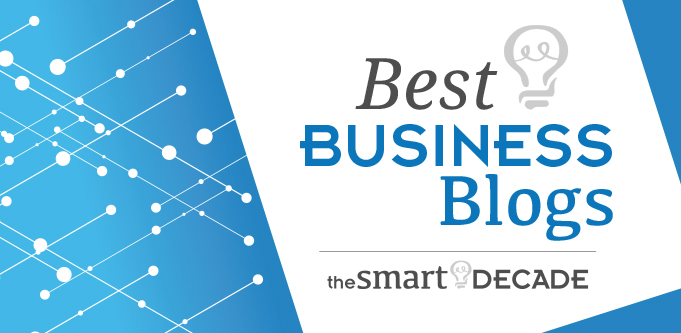ChatGPT Atlas browser – Is it a threat to Google?
Transcript
The Promise of a Smarter Search
For months, there’s been anticipation around OpenAI’s next big move: giving ChatGPT its own browser. On paper, it sounded revolutionary — a chance to skip Google altogether and ask your AI assistant to find exactly what you want, faster and with context.
For digital marketers and business owners, this felt like the natural evolution of search. ChatGPT already assists with research, writing, and analysis — so extending that intelligence into real-time web search seemed inevitable.
But the first version of OpenAI’s browser shows that while the technology is impressive, it’s still not ready to redefine how we search.
Google Has Trained Us Too Well
Google’s greatest strength isn’t just its algorithm — it’s habit. Over decades, users have been conditioned to treat Google as the “find everything” engine. Need the weather, news, or a company’s homepage? You don’t think twice — you Google it.
Most searches aren’t research-driven; they’re shortcuts to familiar things. And that’s where ChatGPT’s browser experience currently falls short. It doesn’t yet understand that brand discovery — quickly finding known businesses, products, and sites — is central to how people actually use search.
The early ChatGPT Chrome plugin struggled with this, and even with a dedicated browser, that gap remains.
A Clunky Start for ChatGPT’s Browser
The new browser brings innovation but lacks refinement. Instead of instantly returning usable results, users must start a chat, wait for an AI response, and then navigate through multiple tabs.
Even a simple query like “cheap carpet” turns into a drawn-out conversation. It’s more like discussing your search than performing it. The experience feels exploratory, not efficient — a mismatch for how most people use search day-to-day.
The Problem Isn’t the Tech — It’s the Use Case
OpenAI’s technology is extraordinary, but search success depends on speed, accuracy, and convenience. Most users don’t want to chat their way to a local plumber, product page, or restaurant menu. They want fast, direct answers.
AI browsers excel at understanding context and generating insights, but they still lag when it comes to practical, everyday utility.
Where AI Search Still Shines
That doesn’t mean AI-driven browsing is without value. For research, brainstorming, and content creation, ChatGPT delivers enormous advantages. You can refine queries, get summaries, and explore ideas in depth — something Google can’t yet replicate conversationally.
But for brand lookups, local searches, and immediate facts, traditional search engines still win. Google remains faster, simpler, and better aligned with user intent.
What This Means for Marketers
Business owners shouldn’t panic about losing traffic to AI browsers anytime soon. Instead, use this moment to strengthen your foundation:
- Stay visible: Ensure your brand information is structured and accurate across the web — AI systems depend on clean, reliable data.
- Experiment: Use AI tools for insight and ideation but keep Google central to your acquisition strategy.
- Prepare for evolution: Search will continue to blend conversational AI with traditional indexing, so understanding both worlds is key.
AI-powered search is coming, but it’s arriving in layers — not waves.
Final Thoughts
AI browsers may eventually redefine how we find information, but for now, Google’s dominance stands firm. People crave instant results, not conversations, and that simple truth keeps traditional search ahead — for the moment.
Those who thrive in this transition will be the businesses that adapt early, build strong brand signals, and keep testing new tools while others wait.
Want to know how your brand stacks up in an AI-driven world?
StewArt Media’s SAMScrum Digital Marketing Audit & Action Plan shows how ready your business is for the future of search — and where to focus next.
👉 Book Your AI Audit Today!

Jim’s been here for a while, you know who he is.


